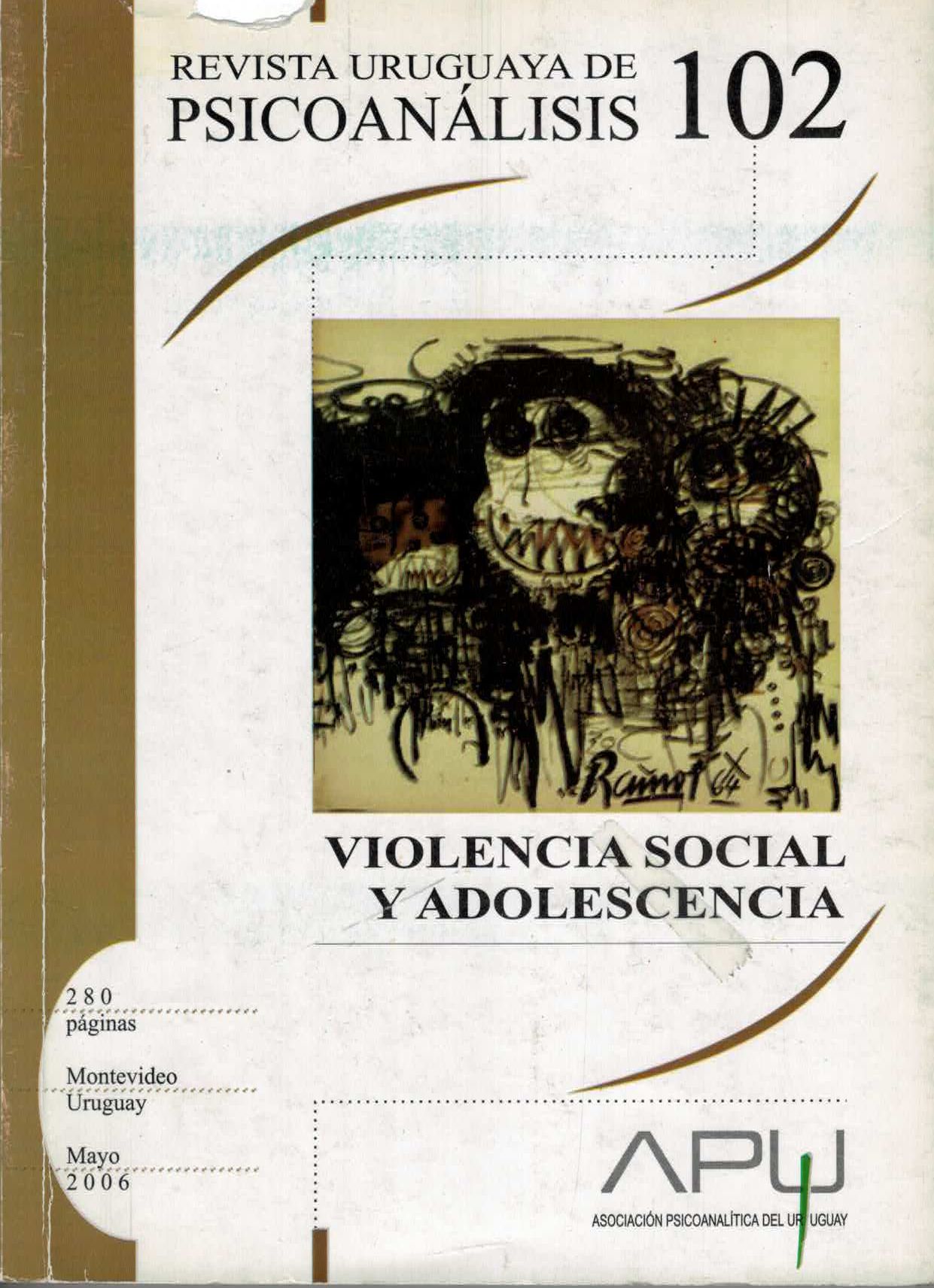Ethical considerations in psychoanalytic research
Keywords:
ética, investigación, psicoanálisisAbstract
The aim of this paper is to analyze different ethical issues that are present in psychoanalytical research. It reviews the
ethical questions, problems and dilemmas a researcher is confronted with during different moments of the research
process. How best can participants’ rights be protected? Considerations are made on topics such as care and respect for
participants, informed consent, deception or omission of information, psychic or physic harm, violation of privacy,
confidentiality, anonymity, plagiarism and fabrication of data or falsification of results, publication.
Downloads
References
ARON, L. (2000). Ethical consideration in the writing of psychoanalytic case histories. Psychoanalytic Dialogues, 10:231-246.
BLATT, S. y SHAHAR, G. (2004). Psychoanalysis- with whom, for what, and how? comparison with psychotherapy. JAPA, 52 ,2, 393-447.
FREUD, S.(1895). “Estudios sobre la histeria”. O.C. Buenos Aires: Amorrortu Editores. T.II.
FREUD, S. (1905). “Fragmento de un caso de histeria”. O.C. Buenos Aires: Amorrortu Editores. T.VII
FREUD, S. (1909). “A propósito de un caso de neurosis obsesiva” O.C. Buenos Aires, Amorrortu Editores. T.X.
FREUD, S. (1912): “Consejos al médico sobre el tratamiento psicoanalítico“. O.C. Buenos Aires, Amorrortu Editores. T.XII.
GABBARD, G. O. (1997). Case Histories and confidentiality. Int. J. Psycho-Anal., 78:820-821.
GABBARD, G. O. (2000). Disguise or consent: Problems and recommendations regarding the publication and presentation of clinical
material. Internat. J. Psycho-Anal., 81: 1071-1086. Publicado en español en (2002) Libro Anual de Psicoanálisis, XVI, 201-215.
GLOVER, E. (1952): Métodos de investigación en Psicoanálisis. Rev. Uruguaya de Psicoanálisis, III, 1, 66-81, 1959.
KAZDIN, A. (2003) Research Design in Clinical Psychology. (4th.Edition). Boston: Allyn and Bacon.
KELMAN, H. (1972). The rights of the subject in social research.American Psychologist, 27, 989-1016.
LAX, R. (2002). Ethics of psychoanalysis: Confidentiality. Int. J. Psycho-Anal., 83: 457-462.
LIPTON, E. L. (1991). The analyst’ s use of clinical data, and other issues of confidentiality. J. Amer. Psychoanal. Assn., 39:967–986.
LEIBOVICH DE DUARTE, A. (2000). La Dimensión Ética en la Investigación Psicológica. Investigaciones en Psicología. Revista del
Instituto de Investigaciones, Facultad de Psicología, UBA, Año 5, Nº 1, 41-61.
OBERNDORF, C.; GREENACRE, P. y KUBIE L. (1948). SymposiumOn The Evaluation Of Therapeutic Results. Int. J. Psycho-Anal., 29:7-
PAUL, G. L. (1967). Strategy of outcome research in psychotherapy. Journal of Consulting Psychology 31, 109-118.
RABOSSI, E. (1995). La ética y la moral en la investigación. En: Libro de las Primeras Jornadas de Investigación en Psicología. Secretaría
de Investigaciones, Facultad de Psicología, UBA, 37-39.
TUCKETT, D. (2000). Reporting clinical events in the Journal: towardsthe construction of a special case. (Editorial). Int. J. Psychoanal., 81:
–1069.
WALLERSTEIN, R. (1986): Forty two lives in treatment. New York: Guilford.
WALLWORK, E. (1991) El psicoanálisis y la ética. México: Fondo de Cultura Económica (1994).



 This work is licensed under a
This work is licensed under a 